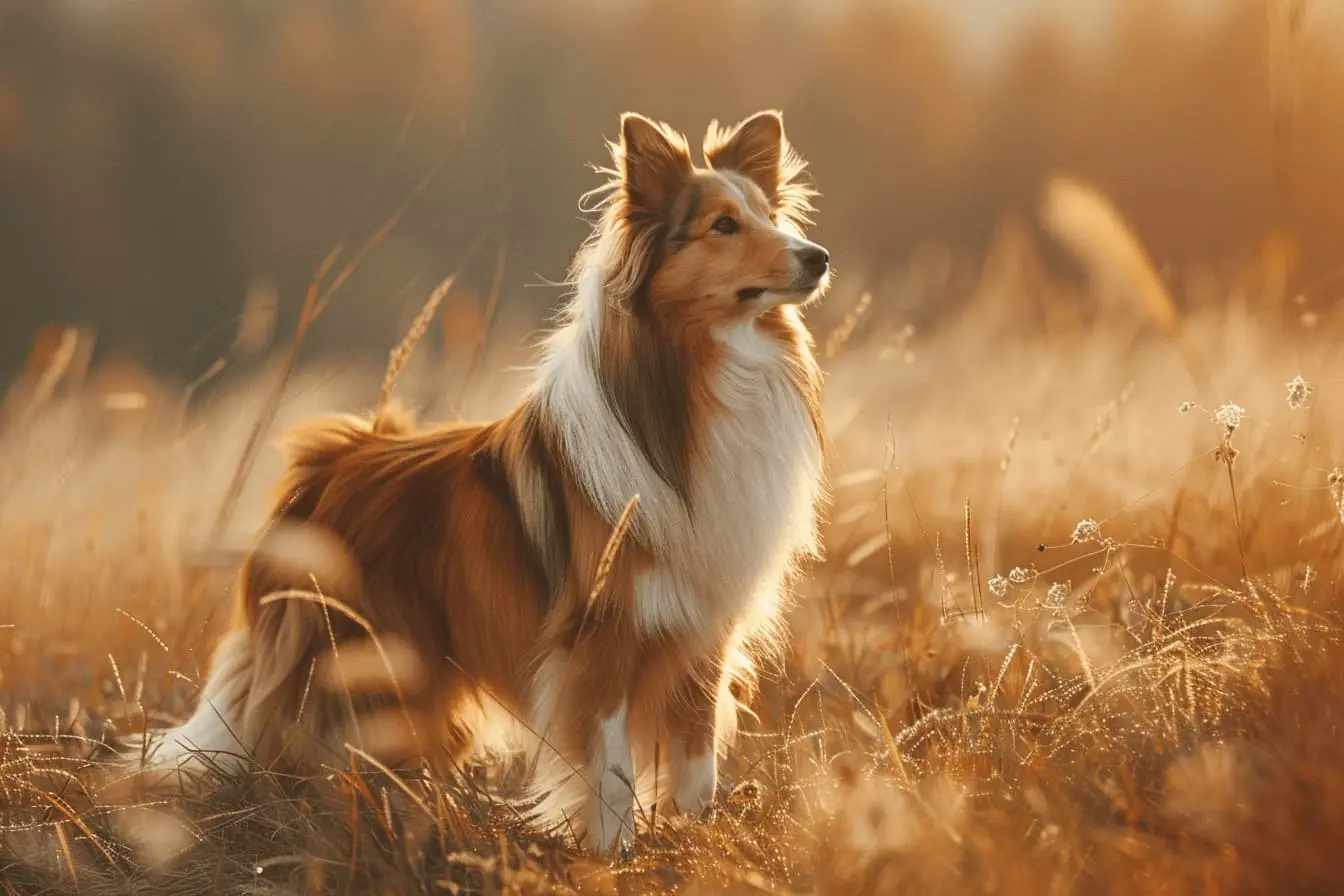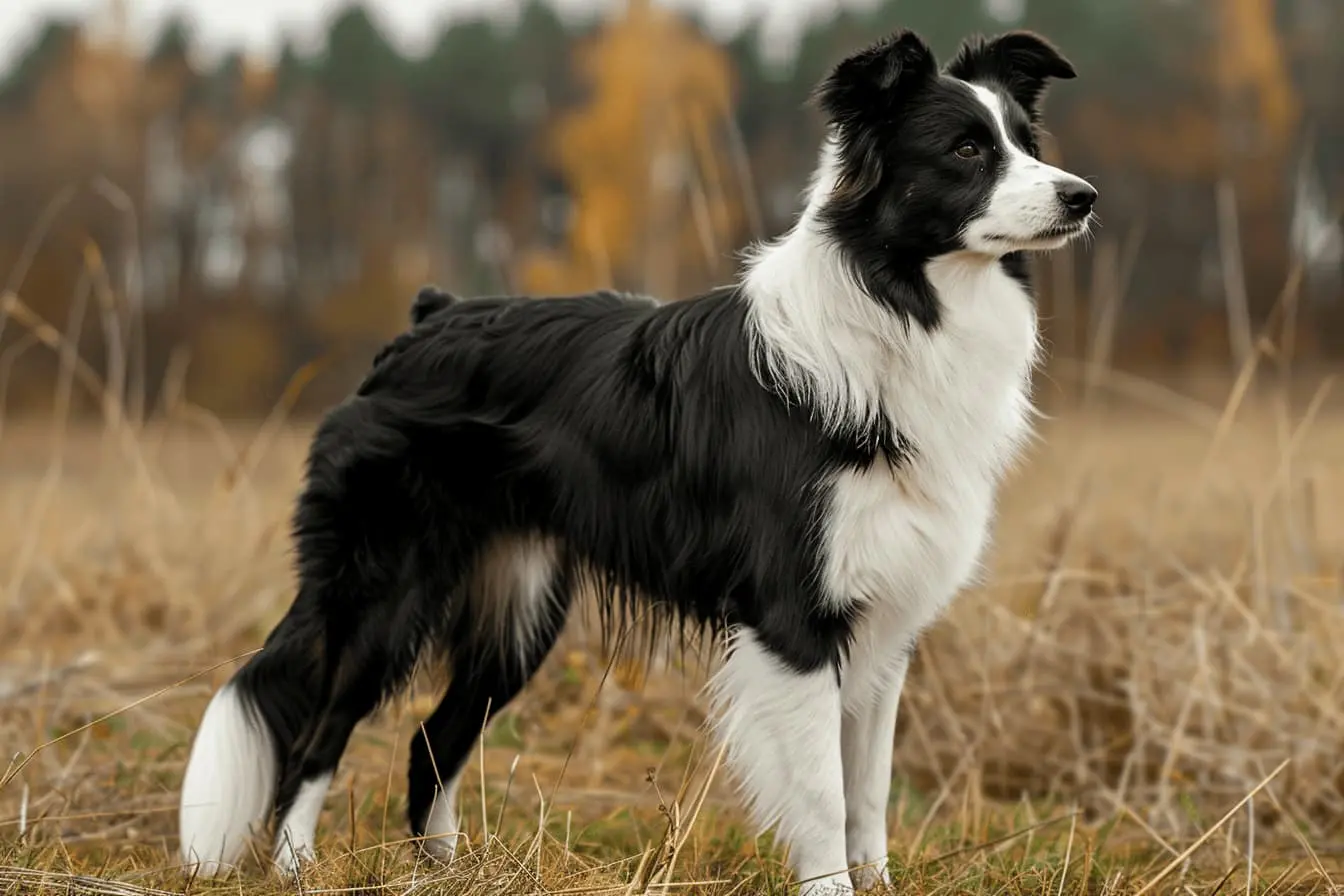
The Shetland Sheepdog: A Loyal and Intelligent Companion
The Shetland Sheepdog, affectionately known as the Sheltie, is a breed that combines beauty, intelligence, and versatility in a compact and agile package. Originating from the Shetland Islands in Scotland, these dogs were bred for herding sheep and ponies but have since found their place as beloved family pets, known for their loyalty, trainability, and affectionate nature. If you're contemplating adding a Sheltie to your family, understanding the breed's specific needs, characteristics, and temperament is crucial. This comprehensive guide will provide you with everything you need to know about owning a Shetland Sheepdog.
Breed Overview
Shetland Sheepdogs are small to medium-sized dogs that resemble a miniature Rough Collie. They are part of the herding group and are celebrated for their intelligence, eagerness to please, and outstanding herding abilities. Shelties are versatile, excelling in obedience, agility, and as loving companions.
Physical Characteristics
- Size: Shelties typically stand about 13 to 16 inches at the shoulder and weigh between 7 to 11 kg, making them a manageable size for most homes.
- Coat and Colour: They have a long, dense double coat that comes in colours such as sable, black, and blue merle, often with white and/or tan markings. Their beautiful coat requires regular grooming to maintain its condition and appearance.
- Lifespan: The average lifespan of a Shetland Sheepdog is around 12-14 years.
Personality and Temperament
Shetland Sheepdogs are known for their gentle, sweet disposition, and intelligence. They form strong bonds with their families and are particularly sensitive to the mood and needs of their owners. Shelties are good with children and other pets when properly socialised.
Despite their small size, they are excellent watchdogs, often alerting their families to anything unusual with their barking. They have a playful side and enjoy being involved in family activities.
Exercise and Training
Shelties have moderate to high exercise needs. They enjoy daily walks, play sessions, and mental stimulation through training or interactive toys. Their intelligence and eagerness to learn make them excel in canine sports such as agility, obedience, and herding trials.
Training should start early, focusing on basic obedience, socialisation, and manners. Shelties are quick learners and respond well to positive reinforcement techniques. Their sensitivity means that harsh training methods should be avoided.
Health and Care
Shetland Sheepdogs are generally healthy, but they can be prone to certain genetic conditions, including hip dysplasia, eye disorders, and thyroid issues. Regular veterinary check-ups and a balanced diet are important for their health.
Their long coat requires regular grooming to prevent matting and manage shedding. This includes brushing a few times a week and occasional baths. Special attention should be given to their ears, teeth, and nails.
Living with a Shetland Sheepdog
Shelties are adaptable and can thrive in various living environments, from flats to homes with gardens, provided they receive enough exercise and mental stimulation. They do best in indoor settings where they can be close to their families.
Their intelligence and alert nature make them keen to learn and participate in training and activities. However, their tendency to bark can be managed with proper training and exercise.
Is the Shetland Sheepdog Right for You?
If you're looking for an intelligent, loyal companion who is eager to please and enjoys being an active participant in family life, the Shetland Sheepdog may be the perfect breed for you. They are well-suited for individuals and families who can provide them with the attention, exercise, and mental stimulation they need.
However, if you prefer a low-maintenance dog or are away from home frequently, a Sheltie might not be the best fit, given their need for companionship and grooming requirements.
Conclusion
The Shetland Sheepdog is a breed that offers a unique combination of intelligence, loyalty, and beauty, making them cherished companions for those who welcome them into their lives. With the right care, environment, and commitment to their needs, a Sheltie can become an invaluable member of your family, enriching your life with their affectionate nature and keen intelligence. Whether engaging in outdoor adventures, participating in dog sports, or simply enjoying a quiet evening at home, a Sheltie brings joy and companionship to every moment.
Vets near you
Speciality vets
- Aquatics vet specialists
- Birds vet specialists
- Camelids vet specialists
- Cats vet specialists
- Cattle vet specialists
- Deer vet specialists
- Dogs vet specialists
- Equines vet specialists
- Exotic vet specialists
- Goats vet specialists
- Pigs vet specialists
- Poultry vet specialists
- Sheep vet specialists
- Small Mammals vet specialists
- Wild vet specialists
Vet facilities
- Accessible by public transport
- Blood testing
- Car park nearby
- Client car park
- Dentistry
- Diagnostic imaging
- Disabled public access
- Flea and worm treatments
- Microchipping
- Mobile services
- Neutering
- Open at weekends
- Out-of-hours service
- Referral interests
- Referrals only
- Street parking outside
- Toilets available
- Vaccinations



